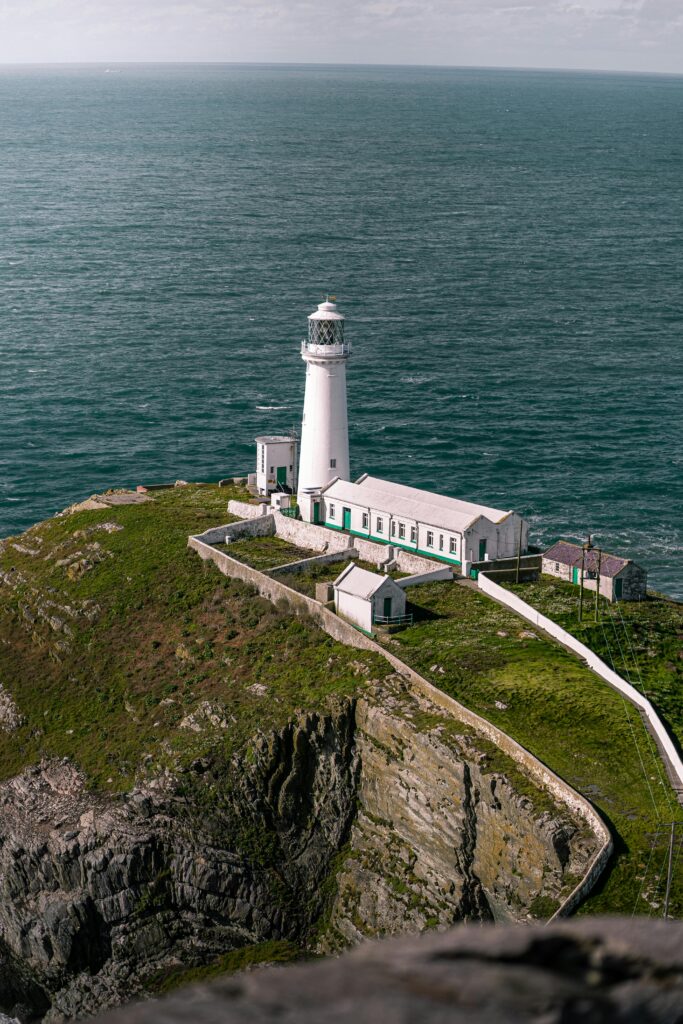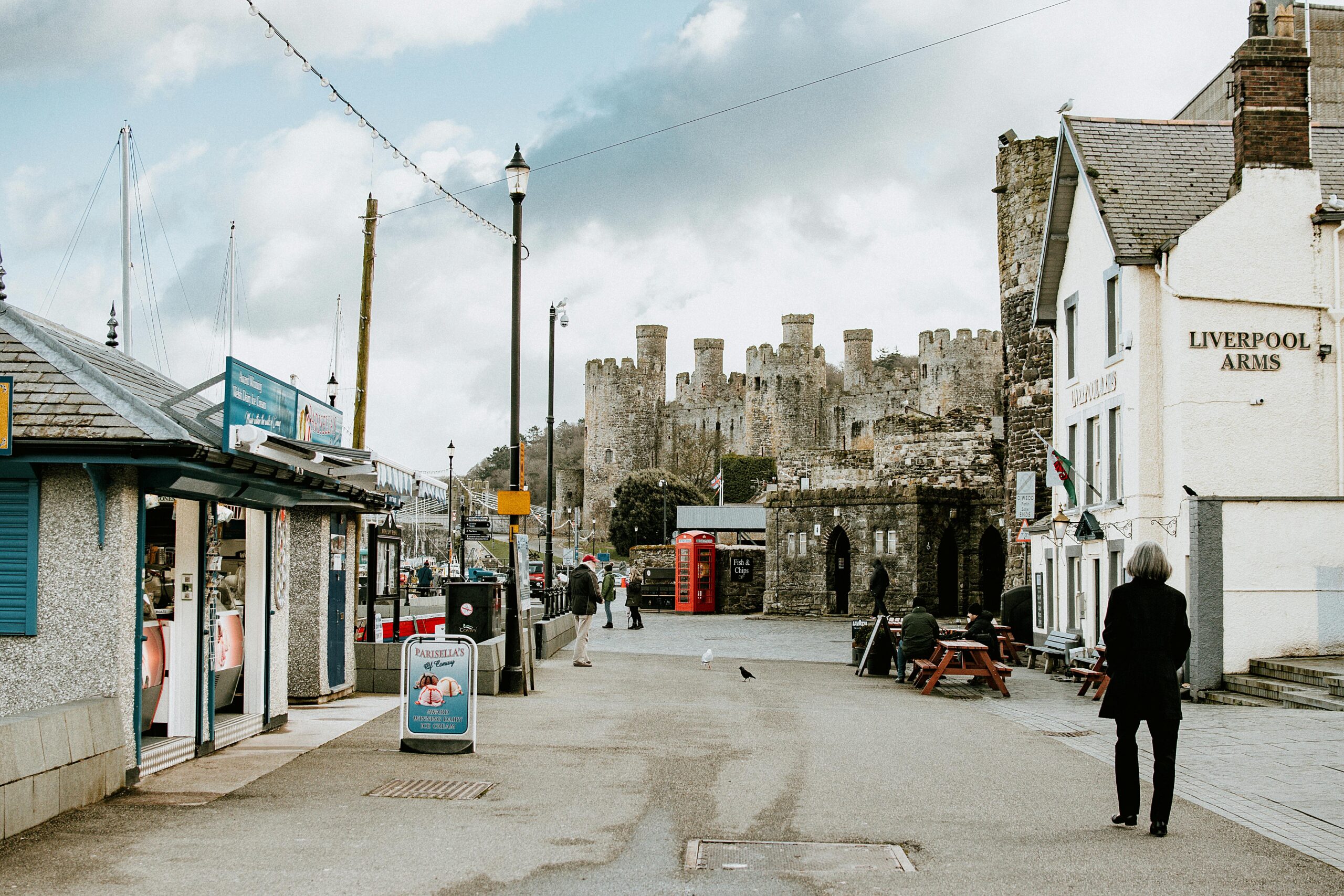Wales is considering a pioneering overnight-stay levy that would charge visitors £1.30 plus VAT per night for hotels, B&Bs, and self-catering properties—and 80p plus VAT for hostels and campsites. If approved by the Senedd and adopted locally, the tax could raise up to £33 million annually to fund tourism infrastructure and community services. But the nation’s largest holiday-let provider warns it’s “a very risky economic move” that could undermine jobs, businesses, and Wales’ competitive edge in an already tight market.

Tax Structure and Objectives
- Levy Rates:
- Hotels, Guesthouses, Self-Catering: £1.30 + VAT per night
- Hostels & Campsites: £0.80 + VAT per night
- Target Date: Potential rollout in 2027, giving councils flexibility on adoption.
- Revenue Use: Intended for local improvements—public toilets, car parks, trail maintenance, destination marketing, and cultural events.
Stakeholder Positions
Welsh Government & Supporters:
- Argue that “everyone should contribute to the services they use,” noting tourism employs 160,000 people and injects £3–4 billion annually into the economy.
- Emphasize the levy’s potential to modernize facilities in rural and coastal areas, enhancing visitor experience and dispersing tourists beyond traditional hotspots.
Sykes Holiday Cottages (Ben Spier):
- Warns that taxing overnight stays risks making Wales “less competitive,” driving visitors to untaxed English destinations.
- Highlights a recent closure of Wales’ largest theme park as evidence that rising costs already strain attractions.
- Urges full transparency on fund allocation, suggesting industry voices are best placed to identify spending priorities.
Local Businesses & Councils:
- Some welcome extra funding but worry about administrative burdens and enforcement costs.
- Border-town operators fear uneven adoption could hollow out their markets if neighbouring English councils choose not to levy.
Broader Economic Context
- Job Risks: Holiday-let eligibility rule changes (252 nights available and 182 nights let) have already threatened thousands of Welsh tourism jobs, particularly in off-season months.
- Comparative Levies:
- Barcelona: Up to €2.25/night since 2012, funding local culture and transport.
- Amsterdam: Cruise-passenger levies that rebalance port traffic.
- UK-Wide Proposals: Chancellor has floated a “hotel tax” to plug fiscal gaps, but faces warnings it could deter cost-sensitive visitors.
- Staycation Dynamics: Second-home taxes and higher council-tax surcharges risk reducing available holiday properties, potentially turning budget-friendly staycations into luxury options.

Potential Impacts and Unaddressed Angles
- Price Elasticity:
Small per-night levies can have outsized effects on booking decisions—especially among families and budget travellers. Detailed economic modeling is needed to predict changes in occupancy rates and average length of stay. - Domestic vs. International Visitors:
Will Welsh residents face the levy on overnight stays? Exemptions vary by region—clarity on resident vs. visitor charges is crucial to avoid public backlash. - Equity and Inclusion:
Charging the same levy regardless of accommodation type may disproportionately impact low-income travellers. Consider sliding-scale or exemption zones in deprived areas. - Transparency & Governance:
Establishing clear reporting on how levy revenues are spent—through publicly accessible dashboards—can build trust among operators and communities. - Alternative Models:
Tourist boards might explore visitor passes or voluntary “conservation donations” paired with discounts, shifting from punitive charging to value-added packages.
Complementary Measures for Sustainable Tourism
- Destination Management Plans: Coordinate marketing, infrastructure upgrades, and event scheduling to smooth seasonal peaks.
- Digital Enforcement: Use mobile apps and property-management integrations to automate levy collection and reduce compliance costs.
- Community-Led Initiatives: Empower local tourism groups to apply for micro-grants funded by the levy, targeting niche experiences (heritage tours, agri-tourism, eco-adventures).
- Off-Peak Incentives: Offer reduced levy or promotional packages in quieter months to support year-round economic stability.
Frequently Asked Questions
Q: Who would pay the proposed levy?
Anyone staying overnight in hotels, B&Bs, self-catering properties, hostels, and campsites—unless exempt (e.g., children under 16, certain community groups, or local residents per council rules).
Q: How much revenue is expected?
Up to £33 million per year, subject to council adoption rates and visitor volumes.
Q: Could the levy deter visitors?
Potentially—small charges can shift booking preferences, particularly among cost-sensitive domestic travellers and family groups.
Q: How will the funds be managed?
Councils determine spending priorities, but transparency measures (like online reporting) are recommended to ensure accountability.
Q: Are there alternatives to a per-night charge?
Yes—visitor passes, voluntary contributions, or dynamic pricing models that adjust based on demand and capacity.
Q: What lessons can Wales learn from other regions?
Barcelona’s long-standing tourist tax and Amsterdam’s cruise levies show that targeted funds can improve infrastructure but require careful market analysis to avoid dampening tourism.
Q: When could the levy start?
The earliest implementation is projected for 2027, allowing time for legislative approval and system setup.
Q: Will domestic Welsh visitors be exempt?
Exemptions vary; some councils may waive the levy for residents, while others choose broader application—clarity will come with local decisions.
Q: How does this fit into wider UK tourism policy?
It follows discussions on a national hotel tax and existing second-home levies, reflecting a push for new revenue streams amid fiscal pressures.
Q: What can local businesses do to prepare?
Engage with councils on policy design, audit pricing strategies, and communicate clearly with guests about the levy’s purpose and benefits.

Wales stands at a crossroads: balancing the economic benefits of a thriving tourism sector with the need for sustainable investment in local communities and infrastructure. A well-designed levy—paired with complementary policies and transparent governance—could strengthen Wales’ appeal and preserve its unique landscapes for future generations. But without careful calibration, this “risky economic move” may carry unintended consequences for jobs, businesses, and the visitor experience alike.
Sources BBC


